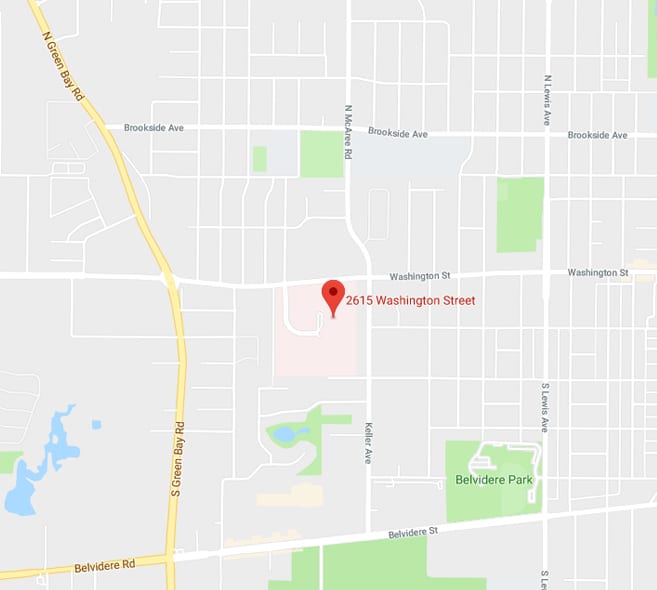Teens and Mental Health
Never before has mental health had such a globally collective impact for all ages. The pandemic has proven that mental health is not something to be ignored, and, in fact we need to especially safeguard mental health in our kids.
Think about it, the pandemic caused an incredible amount of disarray in the way our kids receive support overall. Schools shut down and our kids lost the haven of protection and observation that schools are for kids. Supportive and trained professionals that “keep an eye” on our kids tried to help our kids via zoom or tele-school services. This is not the same as an in-person discussion about mental health or a face to face check-in to see how a child is doing. Kids also lost lots of peer connections during the pandemic and socializing is such an important part for this age group. In addition, parents who used the socialization techniques and peer connections to gauge health in their kids were not able to make comparisons and, thus, parents may have missed some issues of dishealth as their kids isolated more or kept to themselves during pandemic downtime.
Mental health is absolutely crucial for overall health. When kids understand mental health and their own special needs, kids are much more likely to be resilient and get through the tough times and milestones in life.
As always, parents play a key role in every aspect of teen development and positive well-being. In the Illinois School Youth Survey, parents were documented by kids as the most important people in their lives when it came to supporting them during challenging times. Parents who are in the know about mental health and teens would naturally do the following to help kids become their happiest and healthiest:
- Get ready for tough talks. One of the toughest of talks is about substance use. Teens’ developing brains never need substances to offset stress. The earlier teens use drugs or alcohol, the more chances they take to have trouble using substances as a coping tool into their future. Sometimes when parents confront use and experimentation, teens turn things around and ask about parental use as teens. It’s probably best if you plan for this talk. Don’t get caught off guard. Decide how you plan to talk to your child. In the meantime, know that they may be offering this turn-the-tables tactic to avoid talking about what is real and in the moment. Stay on task, parents, stay in control of the conversation. Provide a message of abstinence and drive home the message of future health.
- Talk about responsibilities and expectations before they are broken. Consistent rules, discussed beforehand will make the challenging times easier.
- If there are behaviors that are worrying you with your teen, call it out. Be honest and clear. Here’s the caveat: watch how you do it. Talk that sounds blaming or angry isn’t going to create dialogue. Saying, “I’m concerned” is the best place to start.
If during your talk, your teen asks for help or admits to feeling worried about their health; know that you have clearly done your job as a parent. Now you have to kick it into “I can help” mode, stay calm and press forward. Here are some ways to let your teen know that they have brought a concern to the right place:
- Listening means listening: not talking, not interrupting, not offering solutions. LISTENING! Stay focused; put away your phone and be in the moment.
- Remember that, many experiences as a teen is a “first”. First love, first time to experience peer pressure, first job, first poor grade at school, first argument with a friend…. PHEW! Imagine going through your day with no base of experience to compare to what just happened to you. As an awesome parent, try hard not to trivialize what you know is a “first” reaction. Ask questions and show interest. No need to offer comparisons of when you were a teen, unless they ask.
- Always ask what they think they might want to have happen; what are their ideas for solutions. Ask if you can offer a solution or idea you might have. If your solution causes your teen to bristle, step back. You can talk about what was upsetting or you can come back to your idea at another time. Stay parental. If your child is a danger to themselves or others, if you are worried, a visit to a professional may be just what is needed to help everyone feel better.
If your teen is struggling with anxiety, depression, anger, or substances, stay in it and get help when you need it. Make mental health a priority. Parents know their kids. If something seems off-kilter, it probably is.
Rely on your “gut” as a parent and rely on Lake Behavioral Hospital for any additional support you may need. The team at Lake Behavioral Hospital is a phone call away. We can provide a free, level of care assessment for a teen, or any family member in mental health distress. Call 855-990-1900.




